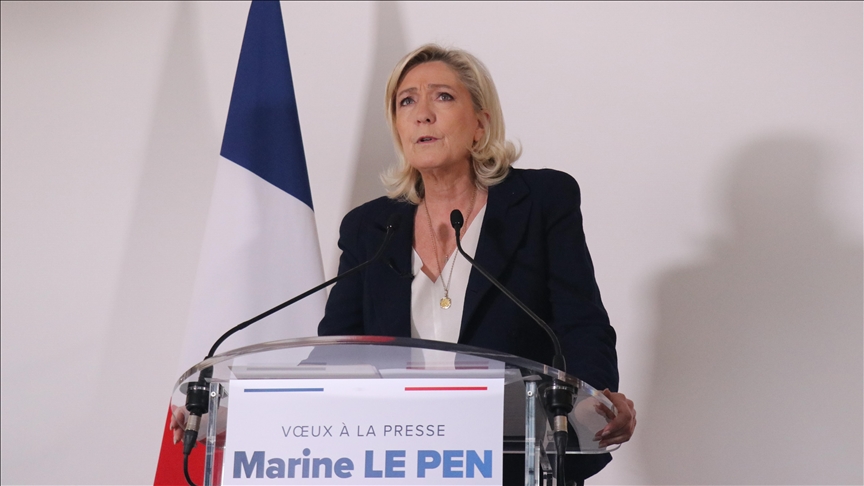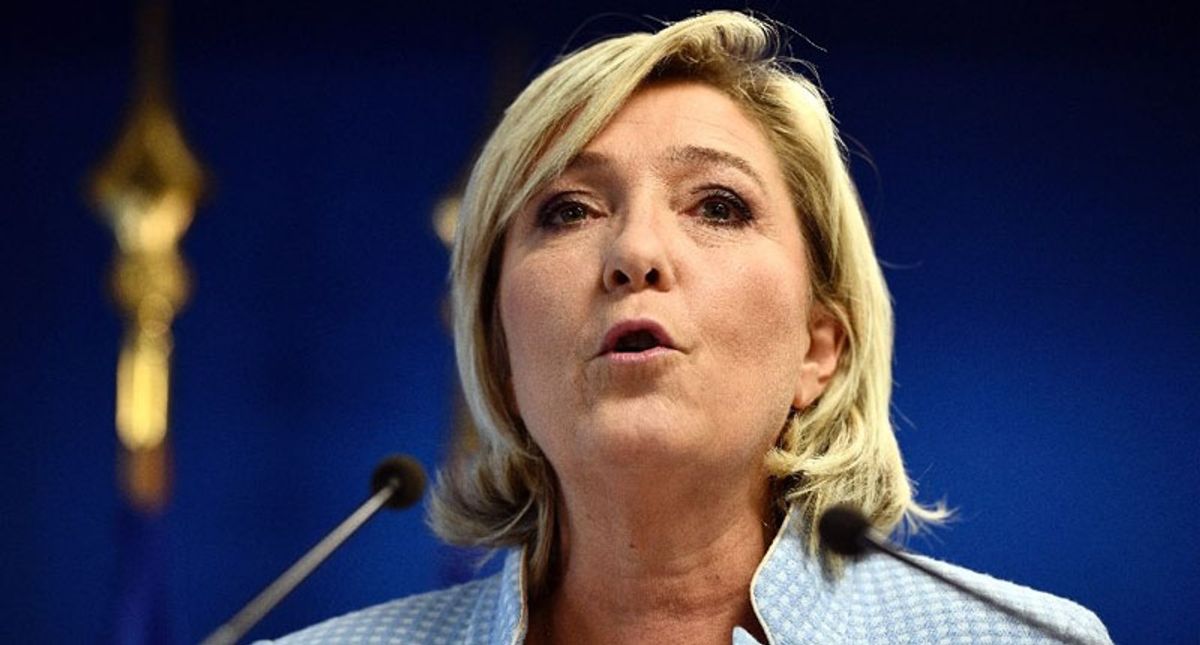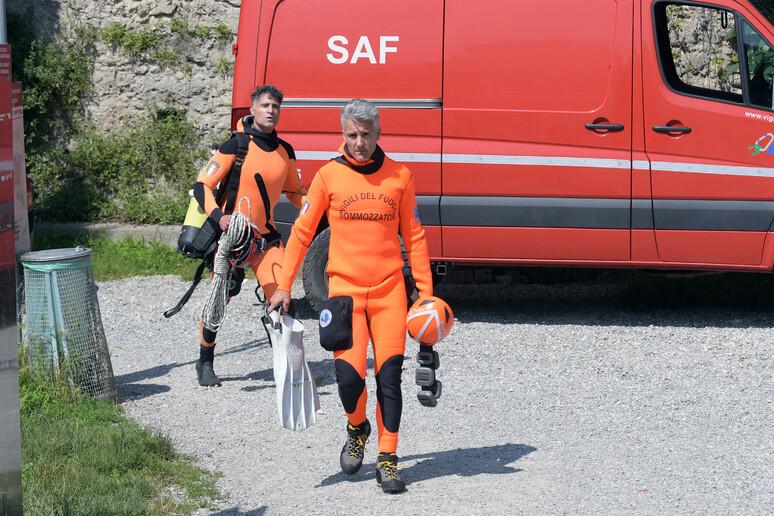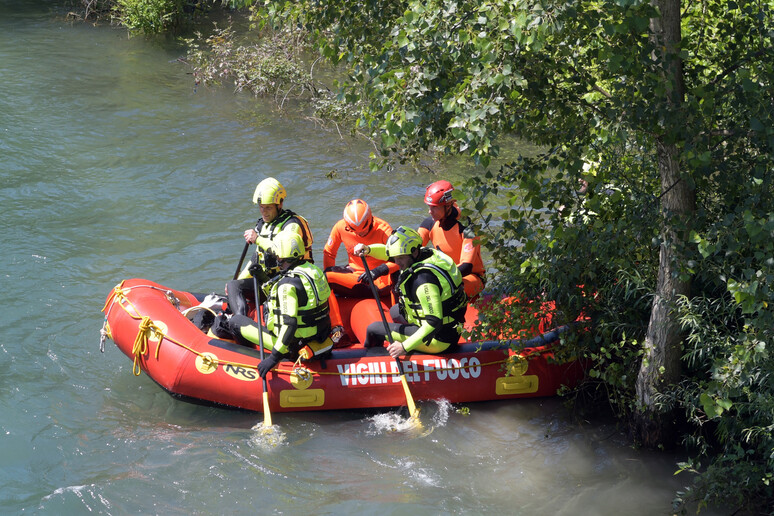Story by Express Defence • 1d •

Credit: SIPRI© Provided by The Financial Express
The global landscape of nuclear arsenals has seen notable changes in 2024, as revealed by the Stockholm International Peace Research Institute (SIPRI). The latest data indicates a significant increase in nuclear warheads, with China and India making substantial additions to their stockpiles. This development marks a pivotal moment in the global nuclear arms race, highlighting shifts in strategic postures and nuclear deterrence reliance.
China’s Rising Nuclear Readiness
For the first time, China has placed some of its nuclear warheads on high operational alert, pairing them with long-range missiles capable of short-notice strikes. This move represents a major shift in China’s nuclear strategy, signalling an enhanced readiness to respond swiftly to potential threats.
According to the latest report from the arms tracker SIPRI as of January 2024, China’s total nuclear stockpile is estimated at approximately 500 warheads, an increase of around 90 from the previous year. This development underscores China’s ongoing efforts to modernize and expand its nuclear capabilities, aiming to strengthen its position on the global stage.
India’s Growing Arsenal
India has also made strides in expanding its nuclear arsenal. SIPRI’s report reveals that India now possesses 172 nuclear warheads, surpassing Pakistan’s estimated stockpile of 170 for the first time in 25 years. This small yet significant increase highlights India’s commitment to bolstering its nuclear deterrence in a region marked by long-standing rivalries. The report also notes that India, along with Pakistan and North Korea, is advancing its capabilities to deploy multiple warheads on ballistic missiles—a technology already mastered by the US, Russia, UK, France, and now China.
Global Nuclear Arsenal Overview
As of early 2024, nine countries—the United States, Russia, the UK, France, China, India, Pakistan, North Korea, and Israel—collectively possess around 12,121 nuclear weapons. Out of these, an estimated 3,904 warheads are deployed with operational forces, including about 2,100 kept on high operational alert. The bulk of these alert-ready warheads belong to Russia and the United States, but China’s recent actions mark a notable addition to this category.
Despite an overall stability in the size of their respective military stockpiles, both the US and Russia are deeply invested in modernizing their nuclear arsenals. Russia, in particular, has increased its deployed operational warheads by approximately 36 since January 2023. This expansion occurs amid a backdrop of reduced transparency regarding nuclear forces, a trend that has been particularly pronounced since Russia’s invasion of Ukraine in February 2022.
Regional and Global Implications
The expansion of nuclear capabilities by China and India has significant implications for regional and global security dynamics. In India, the growing nuclear stockpile is seen as a necessary measure in response to regional security challenges and the evolving nuclear landscape.
Earlier this week, Chief of Defence Staff General Anil Chauhan underlined the renewed importance of nuclear weapons in contemporary geopolitics during a recent seminar, reflecting on the strategic necessity of maintaining a robust nuclear deterrent.
China’s increased nuclear readiness is likely to influence the strategic calculations of other nuclear-armed states, particularly in the context of US-China relations and regional security in East Asia. The ability to deploy warheads on high operational alert enhances China’s deterrence capabilities, potentially altering the strategic balance in the region.
The 2024 SIPRI report indicates that nuclear arsenals are not only growing but also becoming more operationally ready. This trend raises important questions about the future of global nuclear stability and the potential for arms control agreements to address the evolving landscape.



















